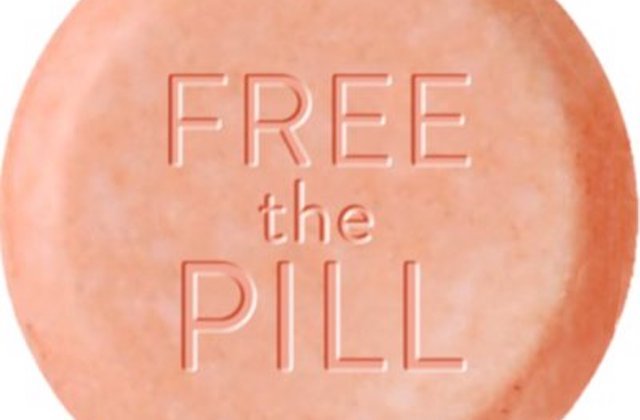On May 9, 1960, the FDA approved the first oral contraceptive in the United States. Referred to as “the pill,” it greatly increased women’s ability to exercise control over their reproductive health.
Fifty-nine years later, the pill is the most commonly used form of non-permanent birth control, according to the Guttmacher Institute. At the same time, accessing it is challenging for many, as it is only available by prescription from a doctor—a process that can be financially untenable for the uninsured. As a movement grows among physicians and reproductive rights advocates to make the pill available over the counter, today (May 9) has been declared Free the Pill Day in support of that effort.
The day was created by Ibis Reproductive Health, a nonprofit that is working to submit an application to the United States Food and Drug Administration to make a birth control pill available over the counter. Per Planned Parenthood, wider availability would improve the reproductive health of women of color. Fifty-eight percent of women use the method for medical reasons other than contraception, and women of color are the most likely to do this:
rnt
Blocking access to birth control disproportionately affects women of color. Black women are more than three times as likely as White women to have uterine fibroids and non-White Hispanic women experience more severe polycystic ovarian syndrome symptoms than women of other ethnic groups, so these women would be hit the hardest by attacks on access to birth control.
Supporters of Free the Pill Day are posting on social media today using the hashtag #FreeThePill:
rnt
rntt
Freedom to Access. Freedom to Control. Freedom to Thrive. This is the future we are fighting for #FreeThePill pic.twitter.com/7zdwEJLz5r
rntt— Free the Pill (@freethepill) May 9, 2019
rnt
rn
rnt
On May 9, 1960, the FDA approved the first birth control pill. Today, nearly six decades later, it's past time to make it truly accessible. On May 9, we're making noise to #FreeThePill #OTC #nursesintheknow #nursesforSRH #nursesweek
rnt— Nurses for Sexual & Reproductive Health (@NursesforSRH) May 8, 2019
rn
rnt
Thanks to the #ACCESSBillMA, Bay Staters have access to co-pay free contraception — but for many, needing a prescription is a major barrier. It's time to make oral contraception available over-the-counter. It's time to #FreeThePill!
rnt— NARAL Pro-Choice MA (@ProChoiceMass) May 9, 2019
rn
rnt
Not having access to a doctor/clinic and being policied by individuals who think they know your body better are 2 barriers that many people who seek birth control face. Having an over the counter birth control would be one step closer to fixing these problems! #FreeThePill
rnt— Leslie ? (@LesIieLopez_) May 9, 2019
rn
rnt
A prescription means a trip to the doctor and taking time away from work or other responsibilities. But the birth control pill is safe & effective for over-the-counter use. It's time to #FreeThePill pic.twitter.com/0PtSl7fR8N
rnt— NNAF Abortion Funds (@AbortionFunds) May 9, 2019
rn
rnt
Nearly 60 years ago today the FDA first approved the birth control pill—but it’s still too hard to get birth control.
rntt
rnttToday, on #FreeThePill day, we’re supporting ways to make sure everyone can get the birth control they need—including an over-the-counter birth control pill. pic.twitter.com/ah9HBaLaEJrnt— NWLC (@nwlc) May 9, 2019
rn
